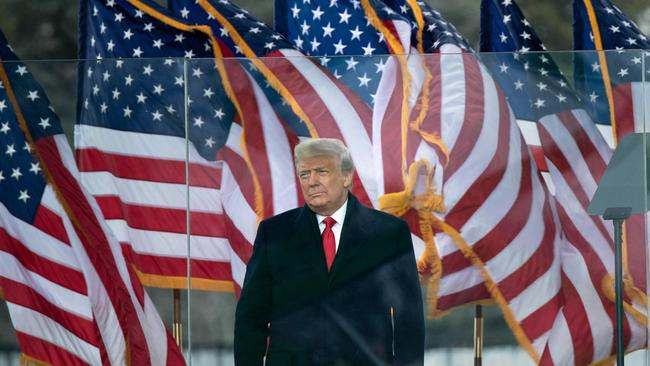
The former and 45th president has in effect been indicted for spreading disinformation, in other words spreading lies about alleged fraud, to the American people, to state election officials and to his own staff, all of which allegedly paved the way to the disastrous riot on January 6, 2021 at the Capitol.
There was no new smoking gun in the 45-page indictment unveiled on Wednesday AEST in Washington by special counsel Jack Smith, rather a detailed summary of what close observers of the sorry saga already knew.
Trump continually decried the election outcome, tried to convince Vice President Pence to overturn the results, bullied state election officials to ‘find’ votes – and so on.
The material Smith laid out to support four criminal charges – for conspiracies to defraud the United States, against the right to vote, and for obstructing an official proceeding – has been retailed relentlessly by the Democrats’ January 6 Commission and the media for more than two years.
Trump’s state of mind at the time is apparently critical to the accusations. The word ‘knowingly’ peppers the indictment.
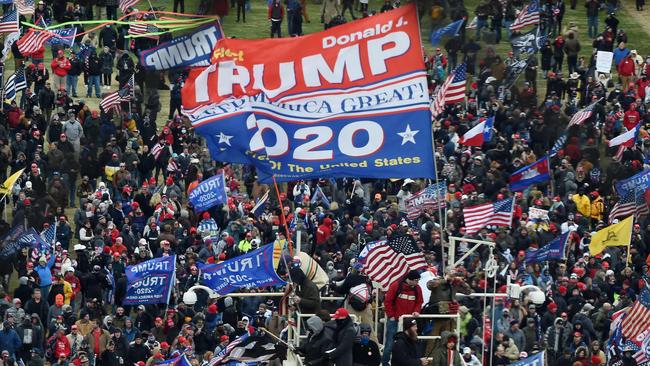
The four charges were “built on the widespread mistrust the defendant was creating through pervasive and destabilising lies about election fraud”, the indictment reads. “The defendant knew (his claims) were false,” but decided that he would remain in power anyway, it adds.
If Trump was delusional, that is, he actually believed he had won and acted accordingly, it might be a very different case, or not one at all, given the US famed protections for free speech.
Future juries and judges who trial this case will need to get inside the president’s head during those heady six weeks after the election, when Trump and some of his allies repeatedly claimed election fraud existed sufficient to change the results of the election.
Such fraud was never proven in court, but Trump believed it – he appears to still do so!
In other words, the Justice Department will need to prove Trump engaged in disinformation, not misinformation, that other great buzzword of our age.
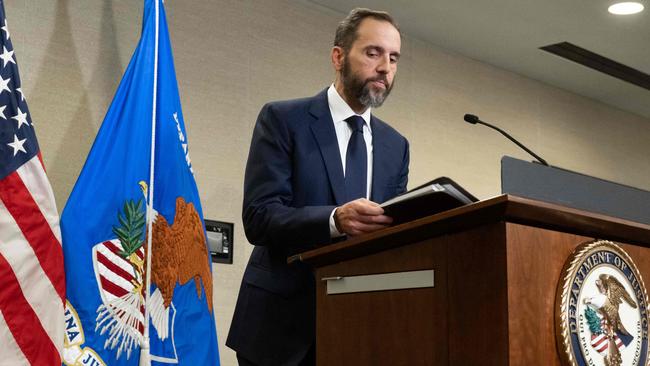
Indicting Trump by a grand jury in the District of Columbia, where more than 92 per cent of voters supported Joe Biden in 2020, was always going to be easy. Proving the case before other jurors and judges, in higher courts, will prove much more difficult.
For now, Trump’s latest indictment is unlikely to affect his unexpected political renaissance.
Trump’s first two indictments, one in New York related to hush money payments to a porn star, another related to his keeping classified documents at his residence, did little to dent his popularity among Republicans.
Polls and political betting markets put Trump well above his numerous rivals, a gap so large that Florida governor Ron DeSantis, his closest challenger, will need to make history to bridge it.
To be sure, the indictment will drain Trump’s campaign finances, millions of dollars of which have reportedly already been directed to his ballooning legal woes.
The latest indictment gives Trump a powerful new incentive to campaign even harder, given he could, many legal scholars believe, pardon himself in the event of a return to the White House.
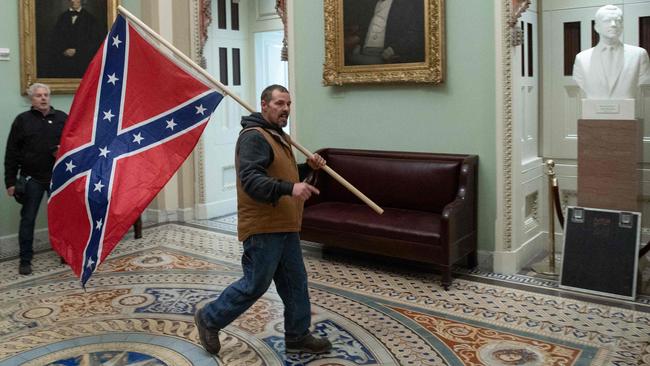
For the US as a whole the indictment is depressing, guaranteeing increasingly bitter polarisation of American politics for at least another 18 months, sucking up oxygen that would be better spent trying to solve the nation’s manifold economic and social problems.
Prolonging this painful episode keeps the US stuck in the past, obscuring the satisfying fact the US constitution and democracy easily withstood Trump’s attempts to derail the outcome.
The indictment is unlikely to change the mind of a single American about Donald Trump, given there’s little new in it.
His supporters will see a witch hunt dressed up in legal mumbo jumbo, the final culmination of Trump Derangement Syndrome, and one designed to derail his 2024 re-election chances.
His detractors will see the indictment as just desserts for a man they hate. Get Trump, whatever the means.
Most observers rightly believe Trump could have, in hindsight, done far more on January 6 to mollify the angry crowd that stormed the Capitol.
His behaviour in the last few weeks of his presidency forever tarnished his presidency in the minds of a large bulk of Americans, whatever good he did in office.
Whether that behaviour rises to criminal behaviour, worthy of lengthy of prison, is a matter for future courts and juries. It’s hard to imagine the Supreme Court would imprison a former president on such a flimsy case.


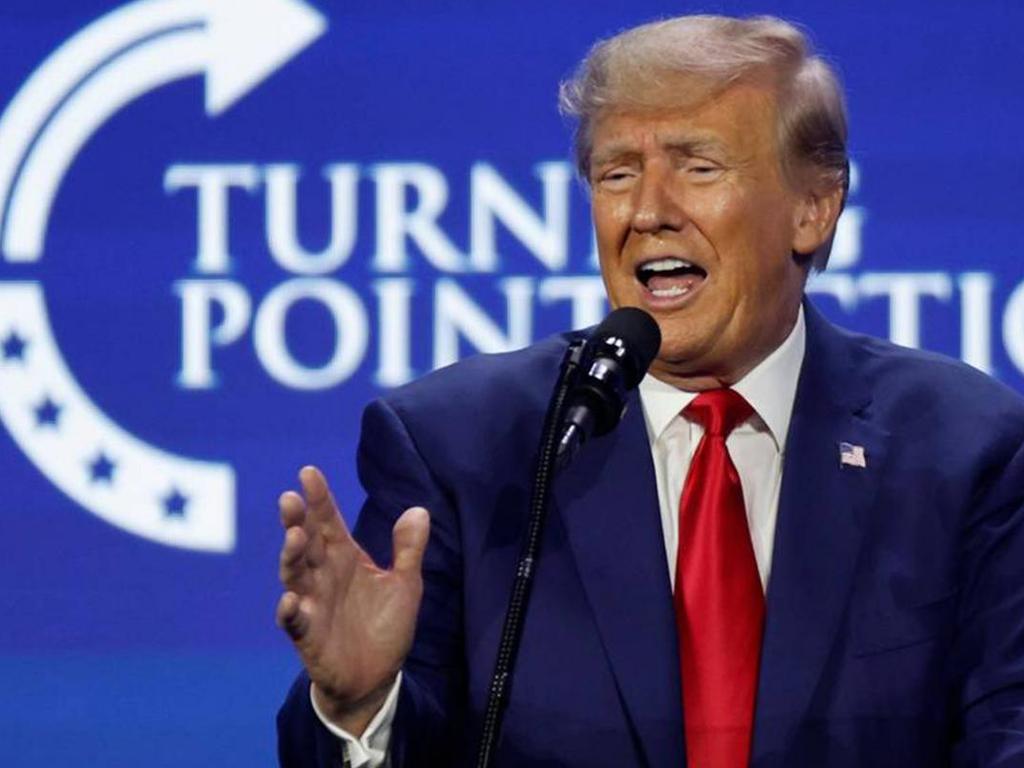
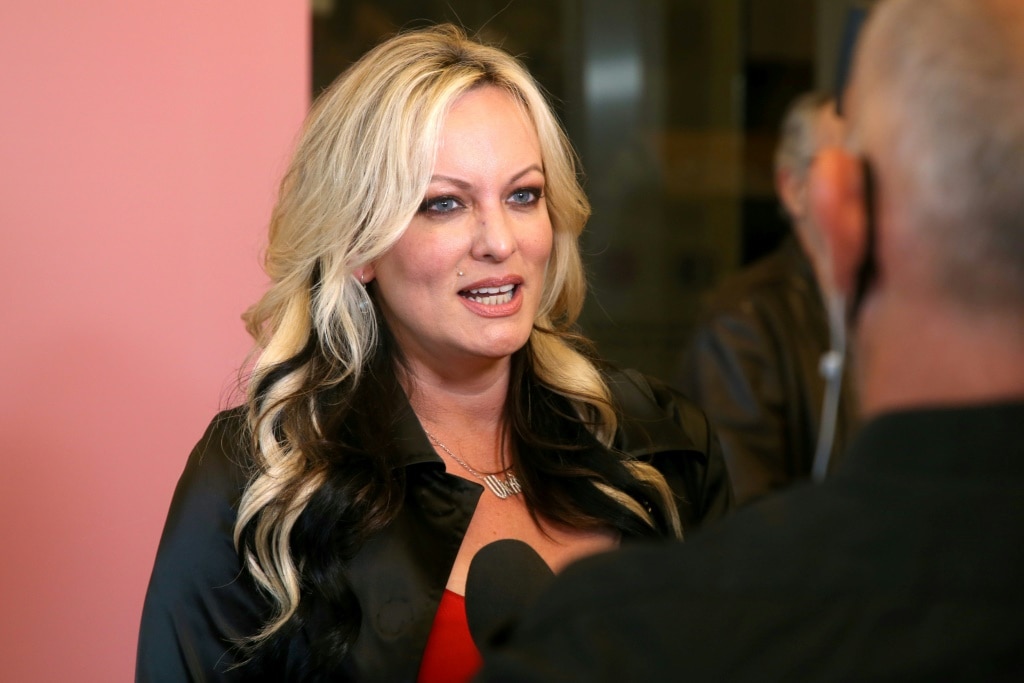
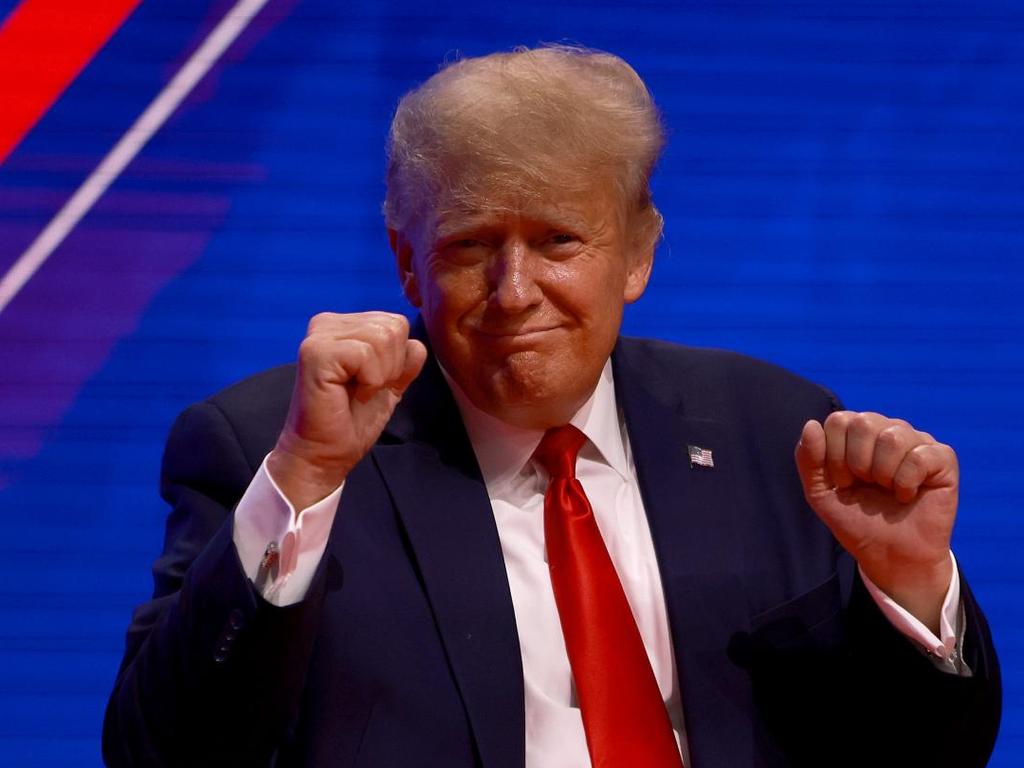
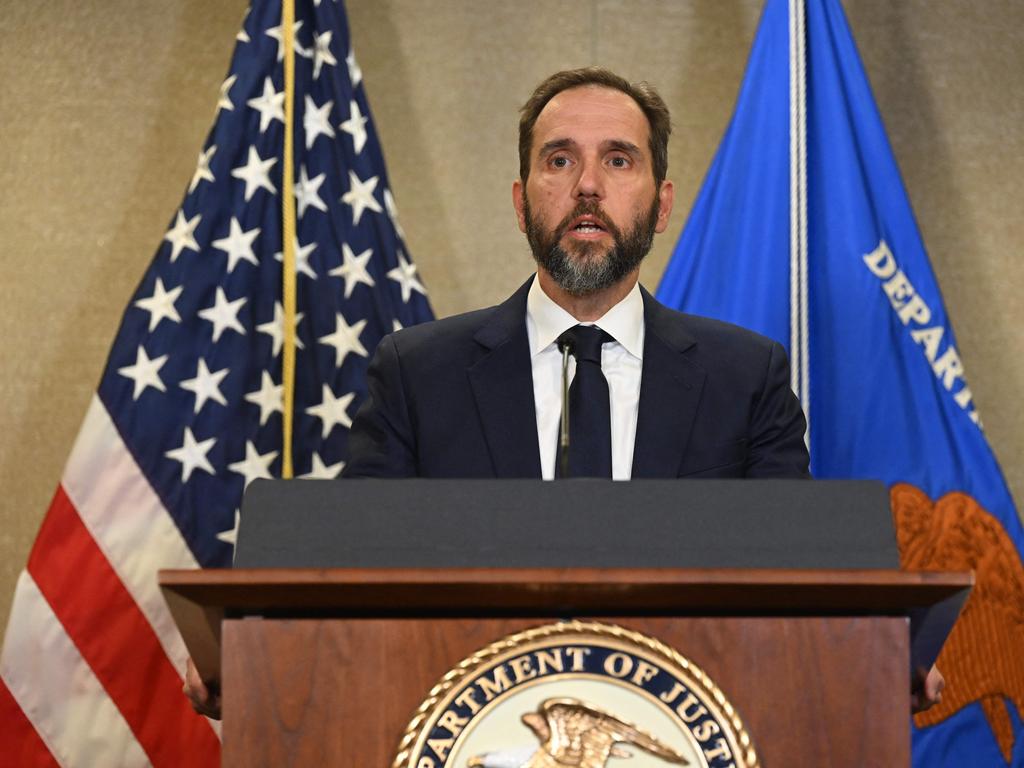


Donald Trump’s third indictment, by far the most spectacular, for conspiring to overturn the result of the 2020 election is one for our times.